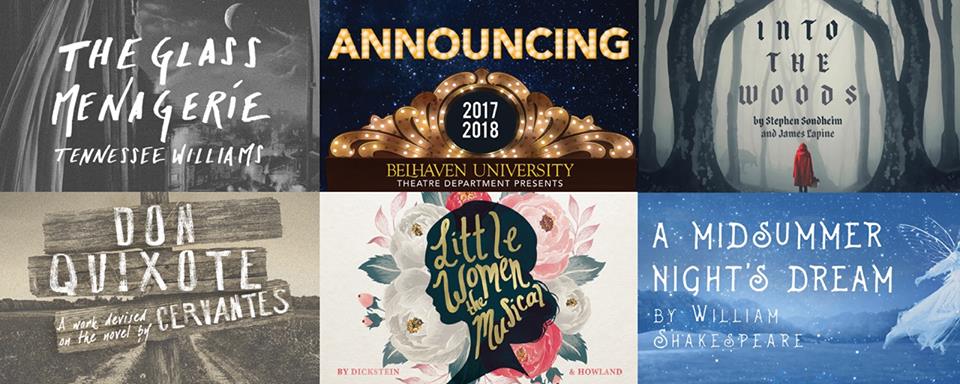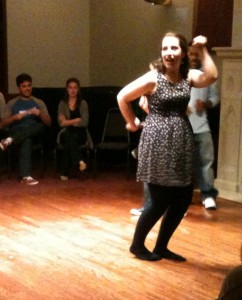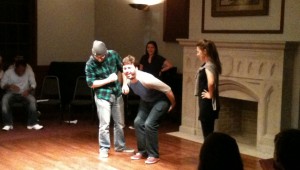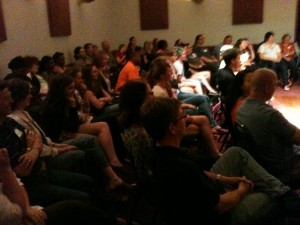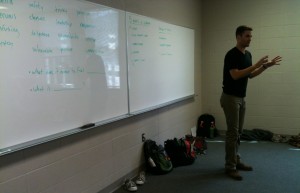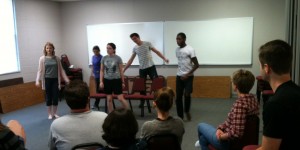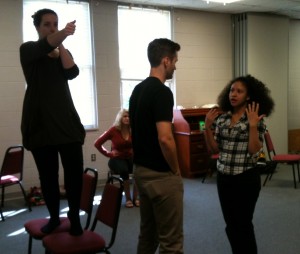Two recent articles spoke of the issue of playwrights defending their intentions in production.
Australia’s Belvoir theatre company based in Sydney has, over the years, faced a number of cases of opposition from playwrights (or their estates/ rights holders) over their re-interpretive productions of plays. The recent article talks of their cutting of the Requiem scene at the end of Death of a Salesman, and mentions previous run-ins with the estate of Samuel Beckett over the music used during the production of Waiting for Godot and their attempt to de-contextuaralize Edward Albee’s Who’s Afraid of Virginia Woolf?.
On a slightly different note, playwright Bruce Norris recently shut down a planned production of his Pulitzer winning play Clybourne Park in Germany over his objection to their intention to have non-black actors to perform the African American characters in his play, but to have them perform in blackface. NY Times article here. This is not unlike another recent incident where playwright Stephen Adly Guirgis objected to the casting of a regional production of one of his plays where the characters were intentionally written to be minorities.
Often, the argument of making changes for a production comes down to a legal issue – by purchasing the rights to produce a work, the producer is contractually obligated to stage the play as written, with no changes to the text and as close to staging it as described as possible. Many well-established playwrights tend to be sticklers about how true a production must stay to the written text (including staging) – often because the staging (the set, the blocking) are integral to the meaning of the work. Other writers are welcoming to the idea of making adjustments, and are happy to alter dialogue, allow for casting variations (gender, race, etc), or make other concessions simply because they want to have their play staged in as many venues as possible.
The important factor is that any adjustments that a producer might want to make should always be discussed with the writer and/or the rights holder before putting them in place. That’s more than a legal obligation, that’s an ethical one.
